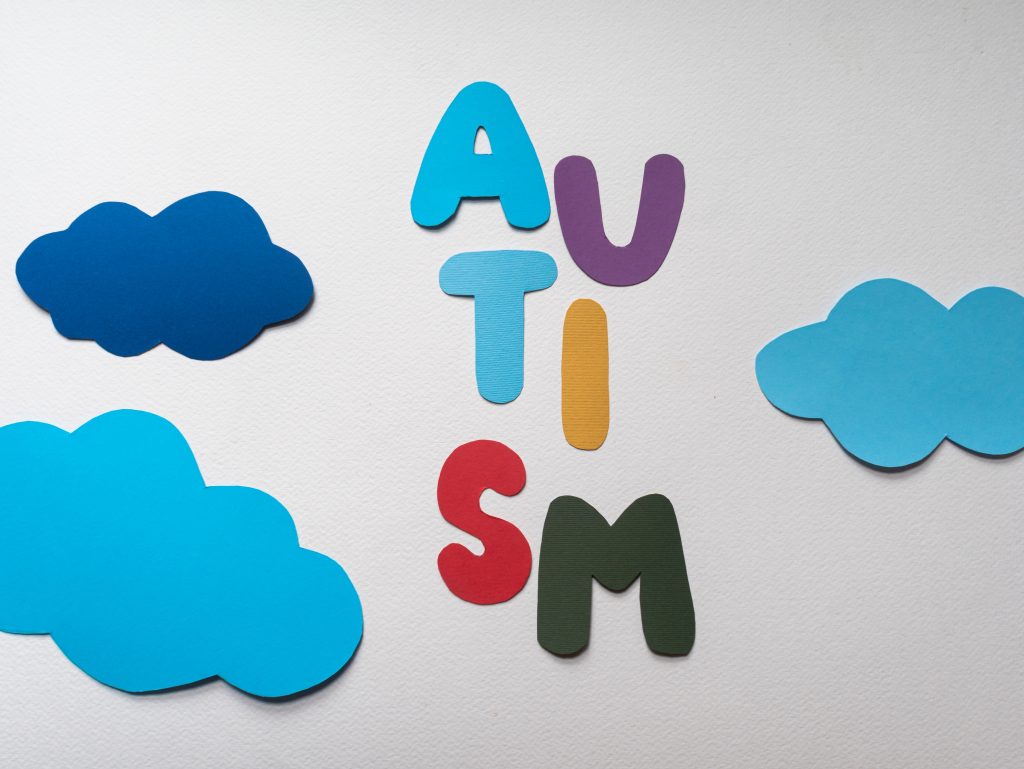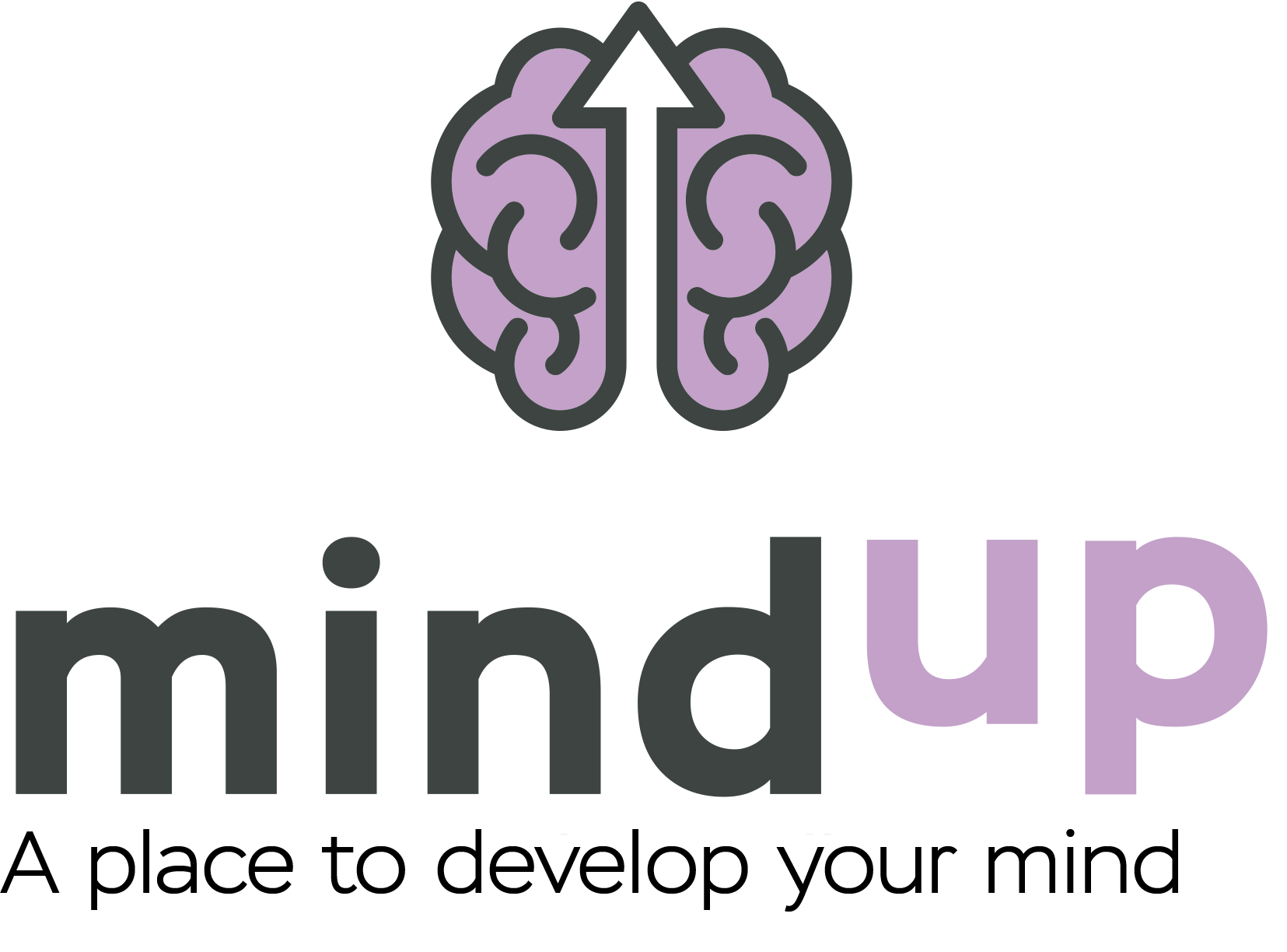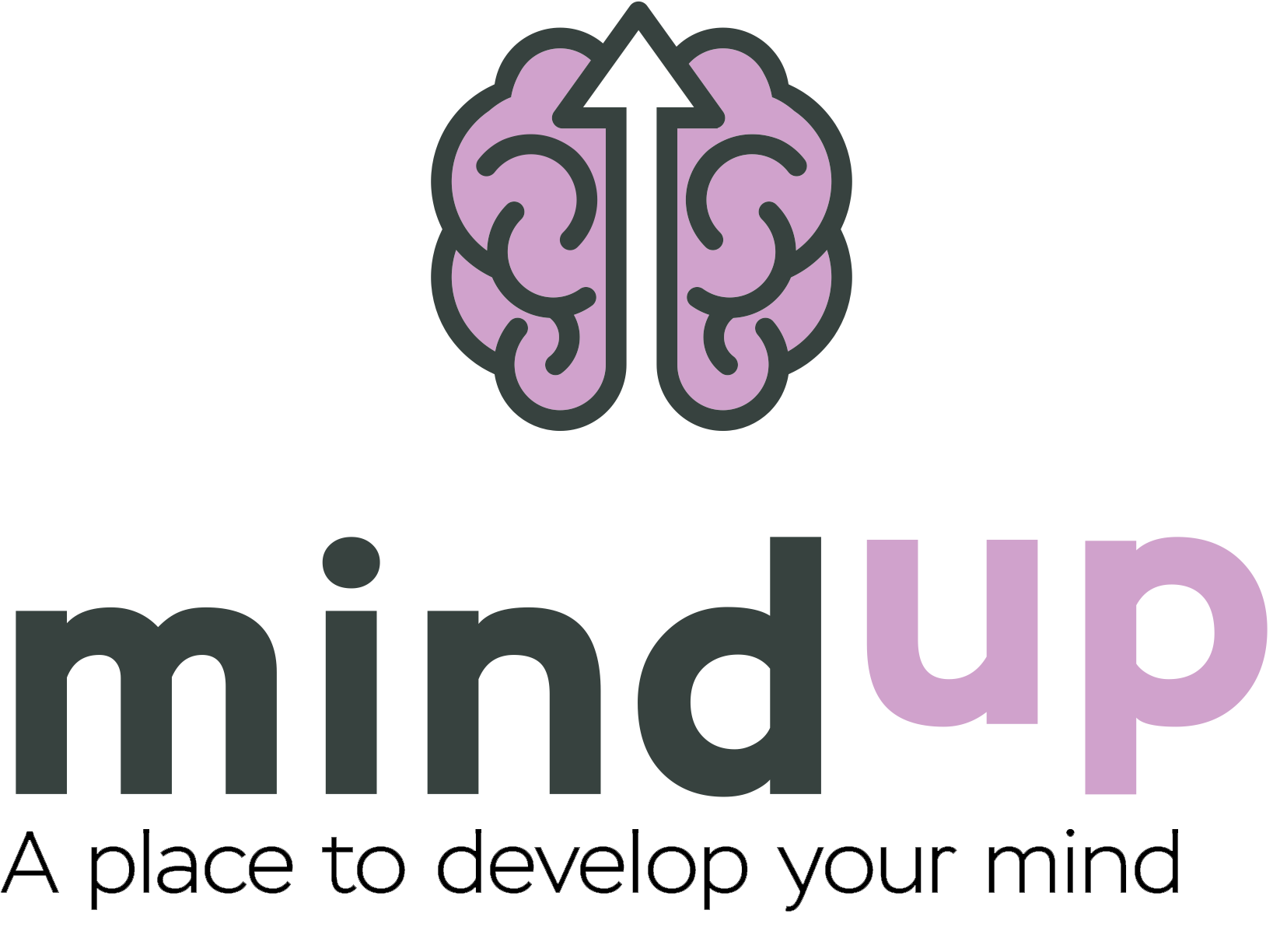Autism Spectrum Disorder and the Importance of Routines.
According to the World Health Organization (WHO) in 2019, one in 160 children had Autism Spectrum Disorder (ASD).
What is Autism Spectrum Disorder
Autism Spectrum Disorder, also known as ASD, is a type of neurodevelopmental disorder that has its onset in childhood and affects the development of communication and social interaction, with restricted and repetitive behaviors and interests. People with ASD may also have different ways of learning, moving, or paying attention.
Signs and symptoms
Some of the signs and symptoms of autism spectrum disorders can be:
- Communication skills
- Avoid looking another person in the eye or not maintaining eye contact.
- Do not respond when called by name.
- Do not show facial expressions (happiness, anger, surprise…)
- Do not participate in simple interactive games such as clapping hands.
- Restrictive or repetitive behaviors or interests.
- Put objects in a line and get upset when the order is changed.
- Repeat phrases and words over and over again.
- Play with toys the same way all the time.
- Have obsessive interests.
- Reacting in unusual ways to the way things sound, smell, taste, or feel.
It is important to keep in mind that children with ASD may not have any of these behaviors or only some of them.

Children with ASD and routines.
Both following a routine and anticipation in children with ASD help them better understand how the world around them works. Children need to follow a routine to feel safe and calm in their environment.
A child is not born knowing the order of things or how the world around him is organized. Therefore, both families and professionals have a duty to be the learning support they need.
For them, the routine is the way they have to understand the time.
Among the first routines that the child must acquire are the basic needs (food, sleep and hygiene). By carrying out the activities in the form of a ritual, the child creates habits.
As professionals who work with children with ASD, we know that a bad managed routine can lead to serious behavioral changes or delays in the acquisition of new learning.
Therefore, these children need to follow a routine that allows them to build anticipation and prepare for the next activity, reducing stress and helping them feel safe and calm..
Activity to work routines.
If you need help establishing a routine with your child, at the end of this blog post you will find material to work on them.
Benefits of establishing routines for children with ASD
- Facilitates the acquisition of organization and planning.
- They allow the anticipation to be generated so that the child prepares for the next activity.
- Reduces your stress and possible behavior problems.
- The child feels more secure knowing what he has to do at all times.
- Rituals are repeated that help the child assimilate an internal scheme and turn his world into a predictable and therefore safe place.
- Improve the family atmosphere.
Treatment
It is important to keep in mind that there is no cure for autism spectrum disorder and there is no one treatment for all because autism presents differently in each person.
The goal of any treatment for children with ASD is to maximize their ability to reduce autism spectrum disorder symptoms and support development and learning. Early intervention will help them learn fundamental behavioral, communication, functional, and social skills.
Don’t miss our Routine Plan to work on habits and routines at home. Click below to get it.


